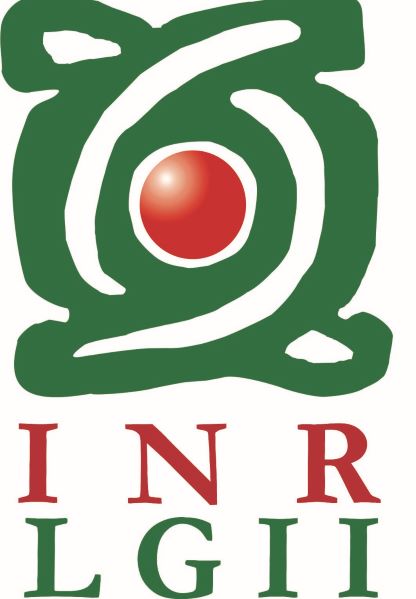Anthropometric, spirometric, and bioimpedance predictors of the response in METs to the multistage rehabilitation program (MP4) for patients with long COVID.
Keywords:
long COVID, Physical rehabilitation, Progressive multicomponent exercise program, Dyspnea, METsAbstract
Introduction. Post-COVID-19 physical rehabilitation varies in content and time and has been gradually adapted to decrease the clinical manifestations of fatigue, dyspnea, muscle and cardiovascular loss that affect the patient's activities of daily living. In this study, assessments were performed before and after the MP4 program such as stress test, bioimpedance, spirometry and anthropometry. Objective. To evaluate which anthropometric, spirometric and electrical bioimpedance measurements predict the outcome of the rehabilitation program (40 sessions three times a week with a duration of 60 min. each session). Methodology. Sixteen patients with long COVID were included and the impact of the rehabilitation program was measured taking as primary outcome the increase in METs pre to post. The change in METs pre to post cardiopulmonary rehabilitation program was categorized into two groups from median A. Low impact (n = 7) and B. High impact (n = 9). Baseline means of predictor variables were compared with Student's t for independent samples. Those that obtained a p < 0.05 were entered into Fisher's discriminant analysis model. Results. Of the 16 patients, 3 were male and 13 were female. The mean age was 47.1 +/- 12.7 (range 22-70). METs rose from a baseline mean of 10.3 +/- 3.1 to 13.5 +/- 2.9 (p<0.001). The measures of baseline status that best differentiated the groups were.
Publication Facts
Reviewer profiles N/A
Author statements
Indexed in
- Academic society
- N/A
Published
How to Cite
Issue
Section
License
Copyright (c) 2025 Instituto Nacional de Rehabilitación Luis Guillermo Ibarra Ibarra

This work is licensed under a Creative Commons Attribution 4.0 International License.
© Instituto Nacional de Rehabilitación Luis Guillermo Ibarra Ibarra under a Creative Commons Attribution 4.0 International (CC BY 4.0) license which allows to reproduce and modify the content if appropiate recognition to the original source is given.




